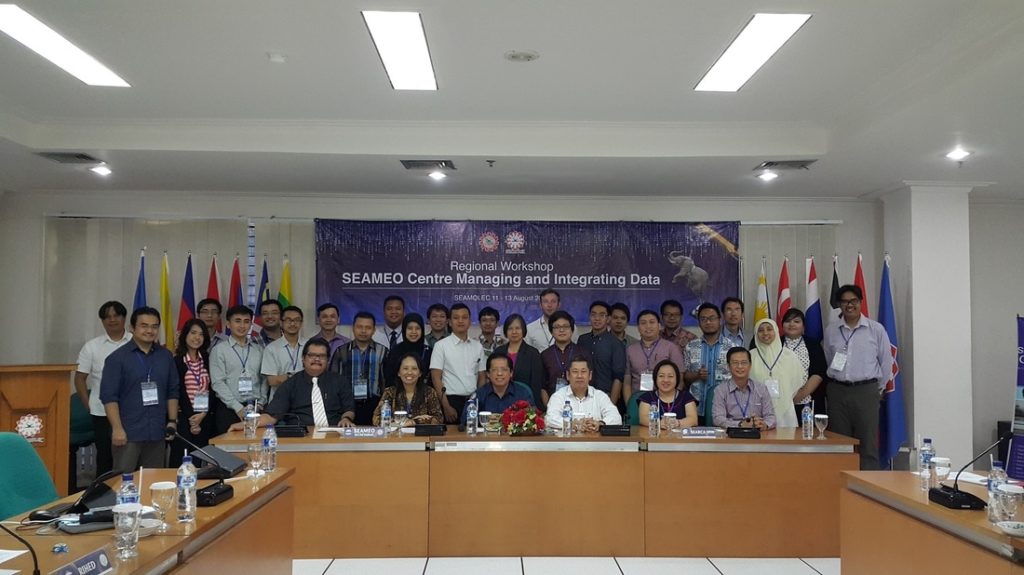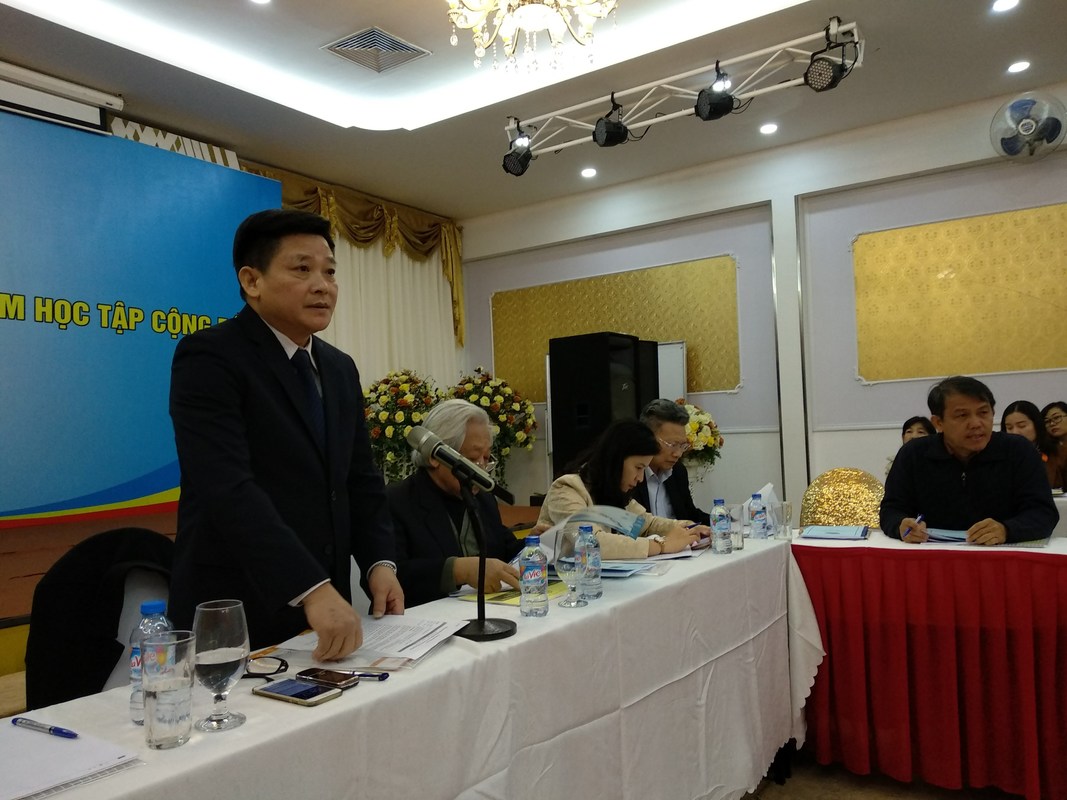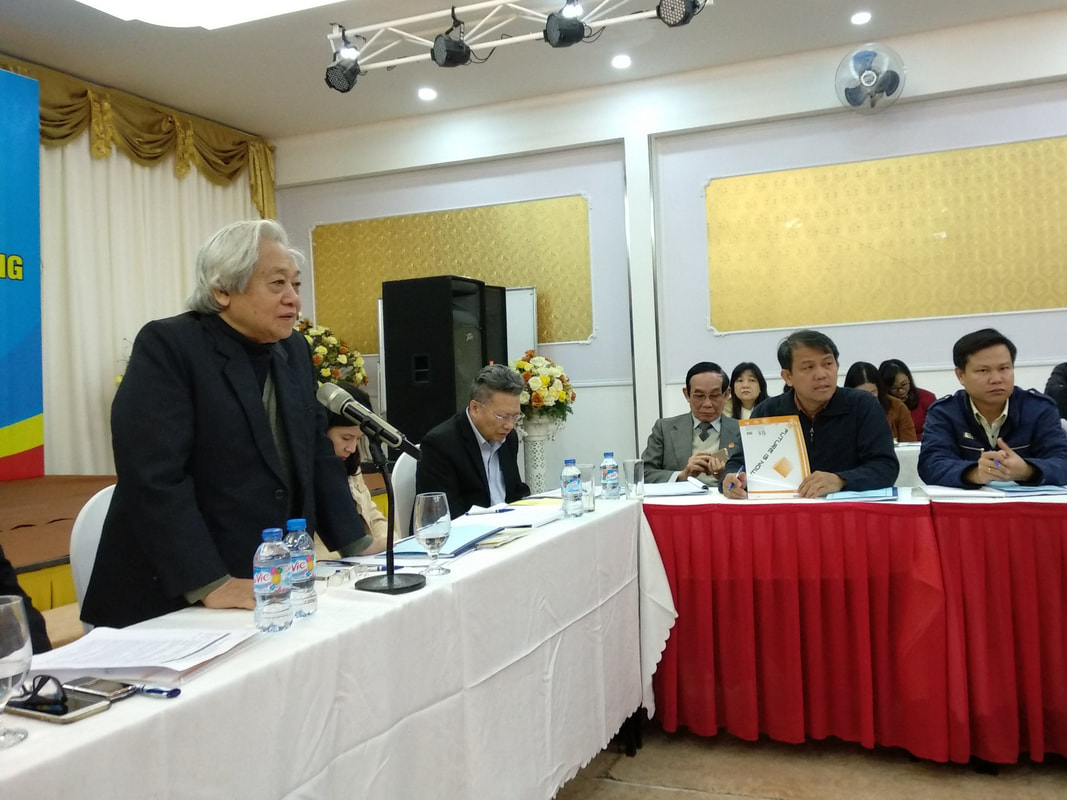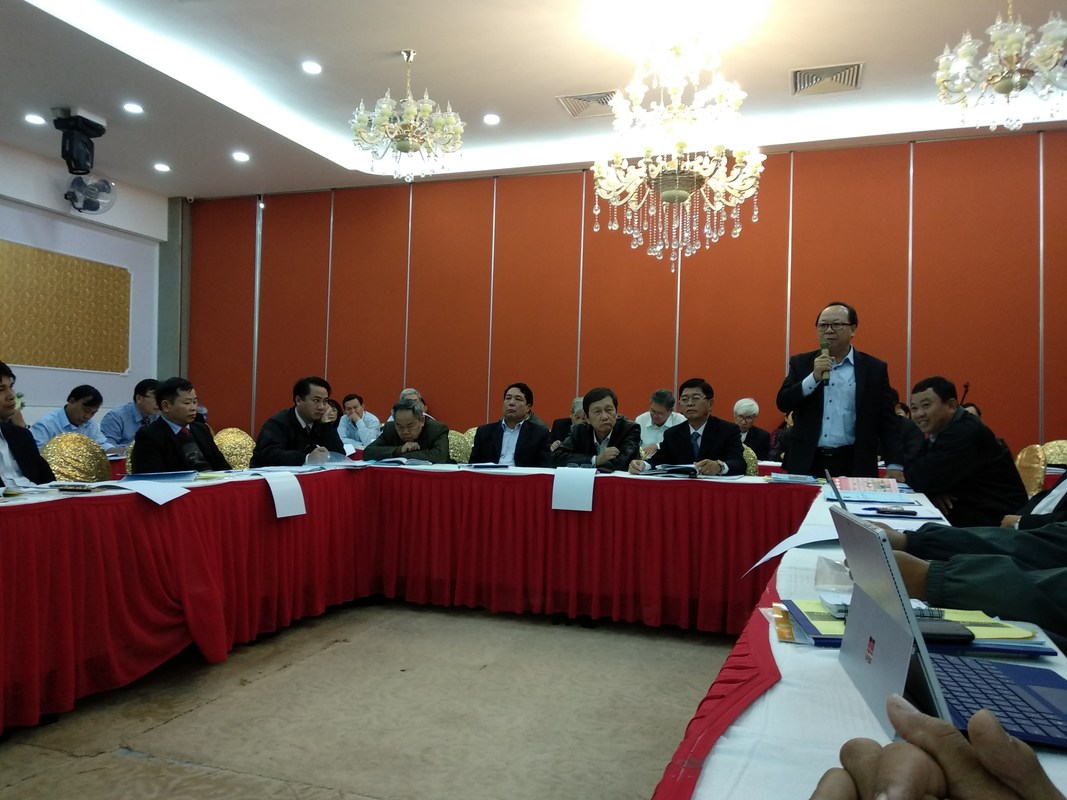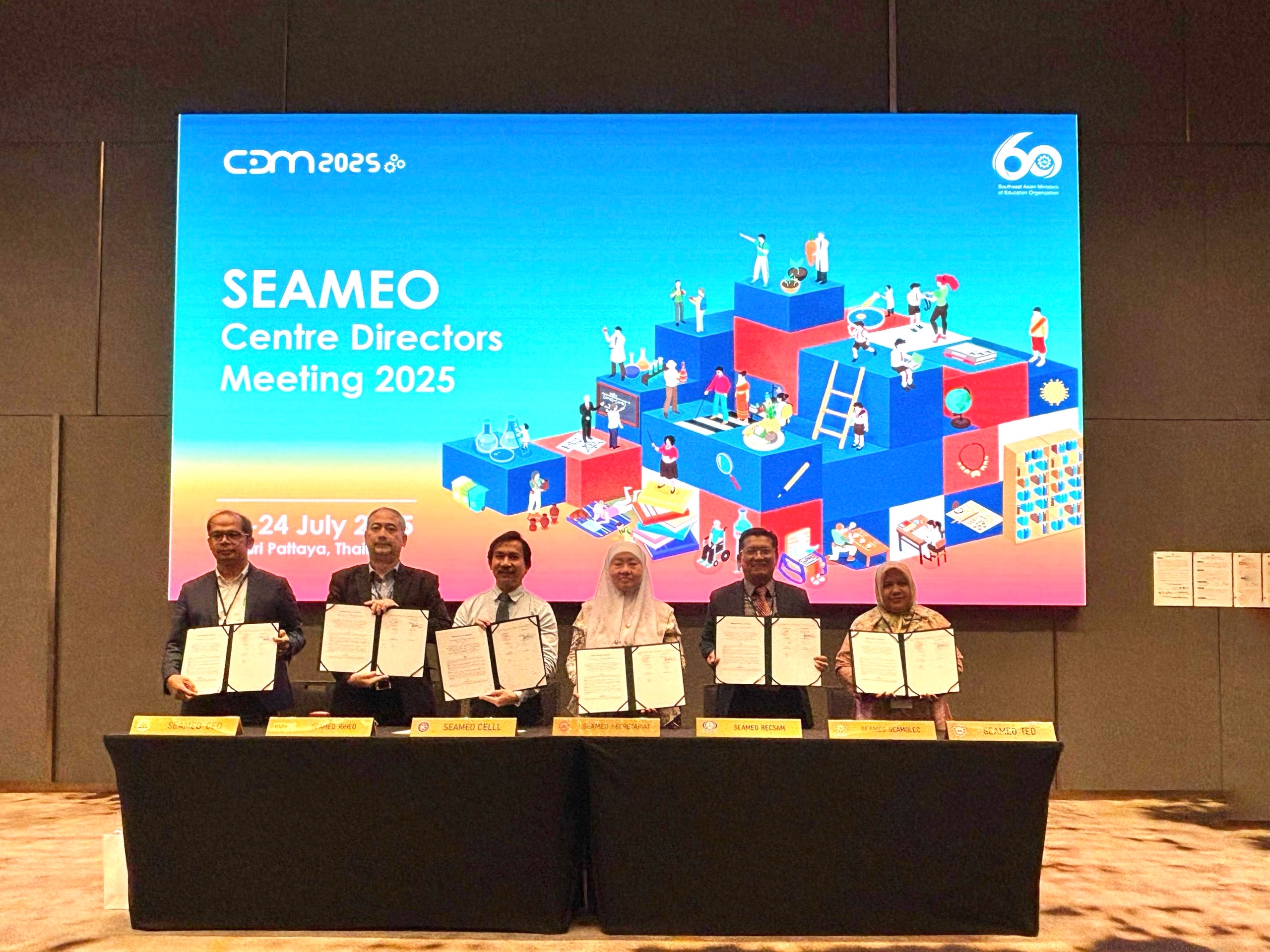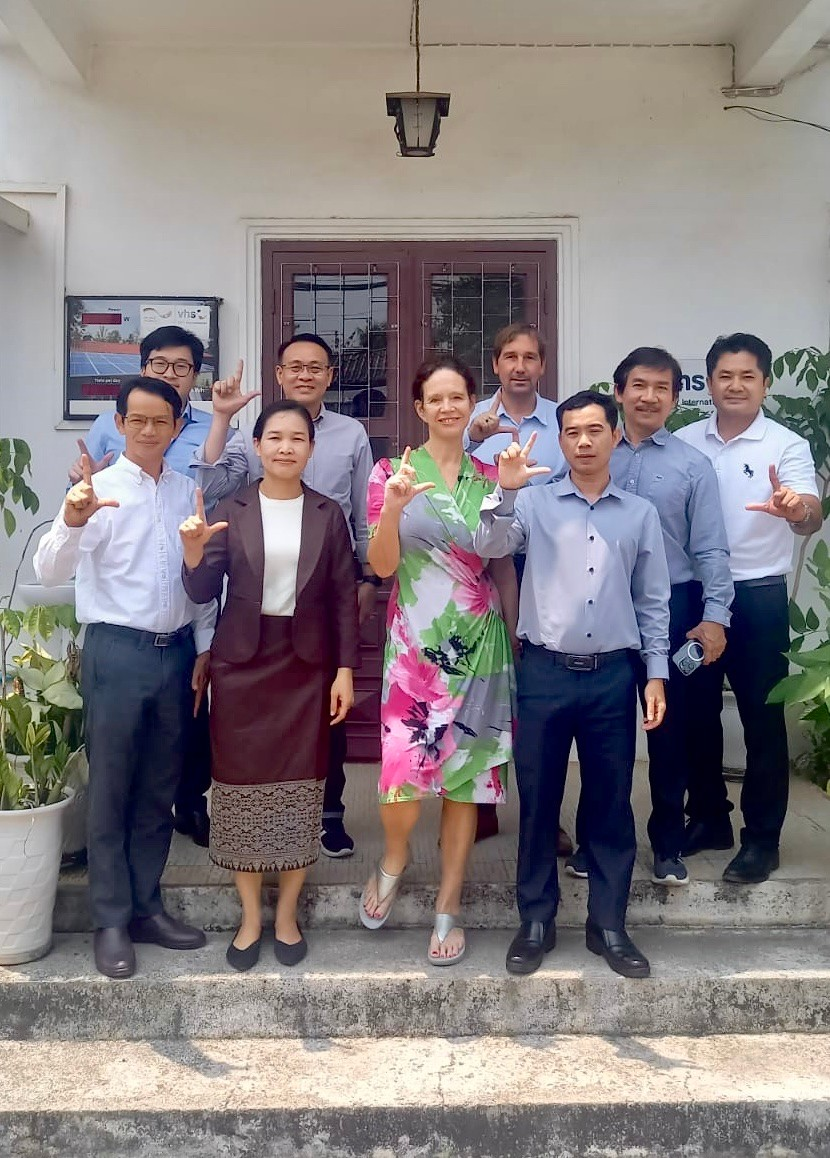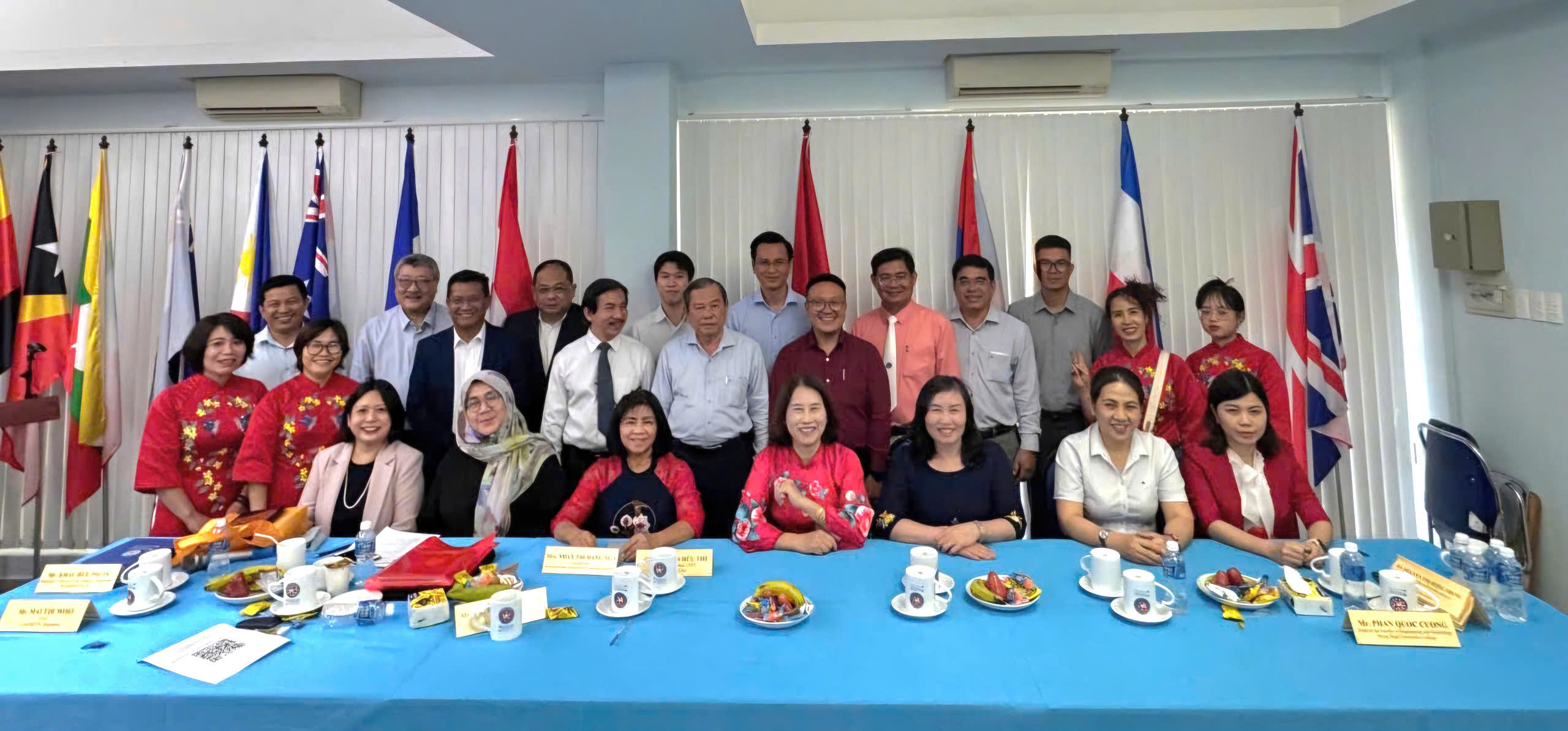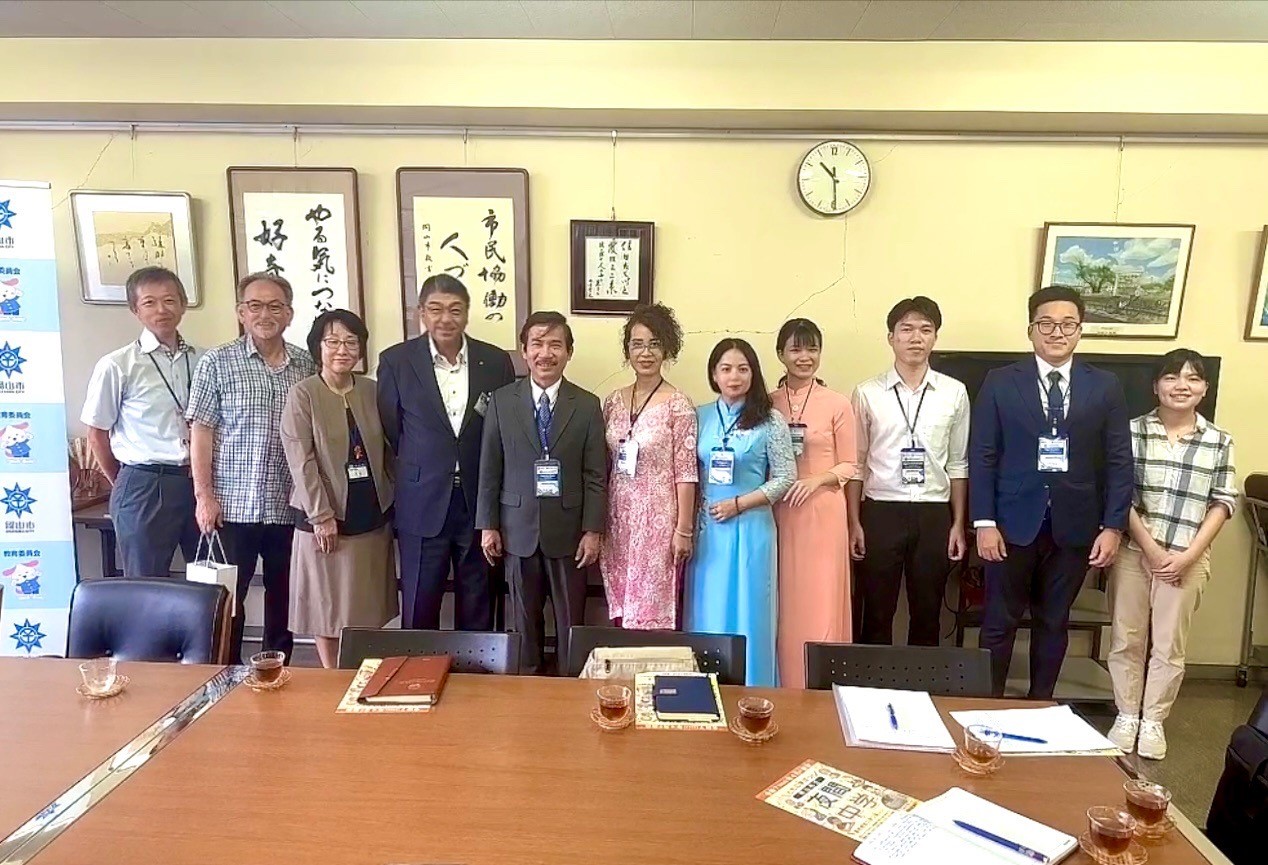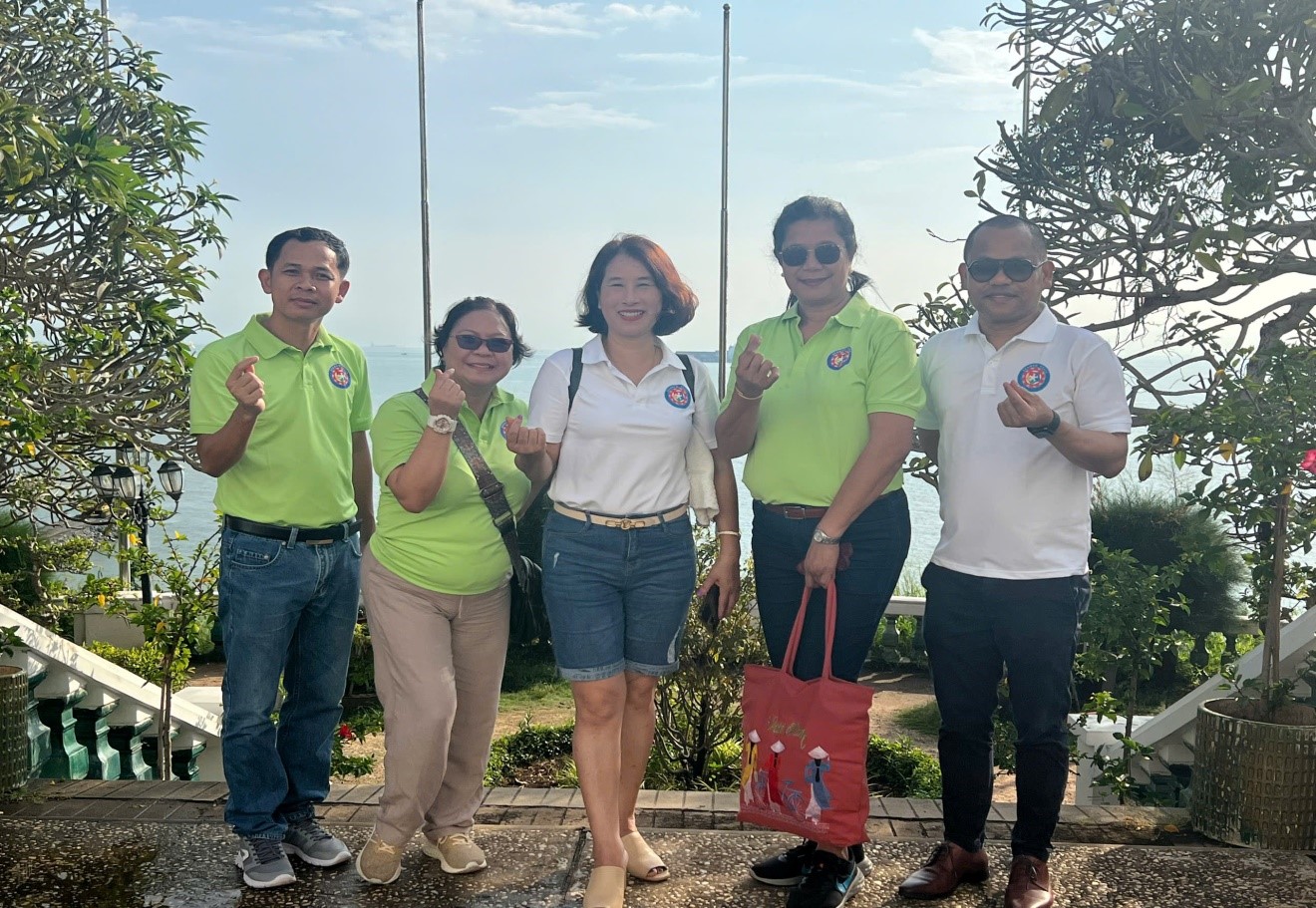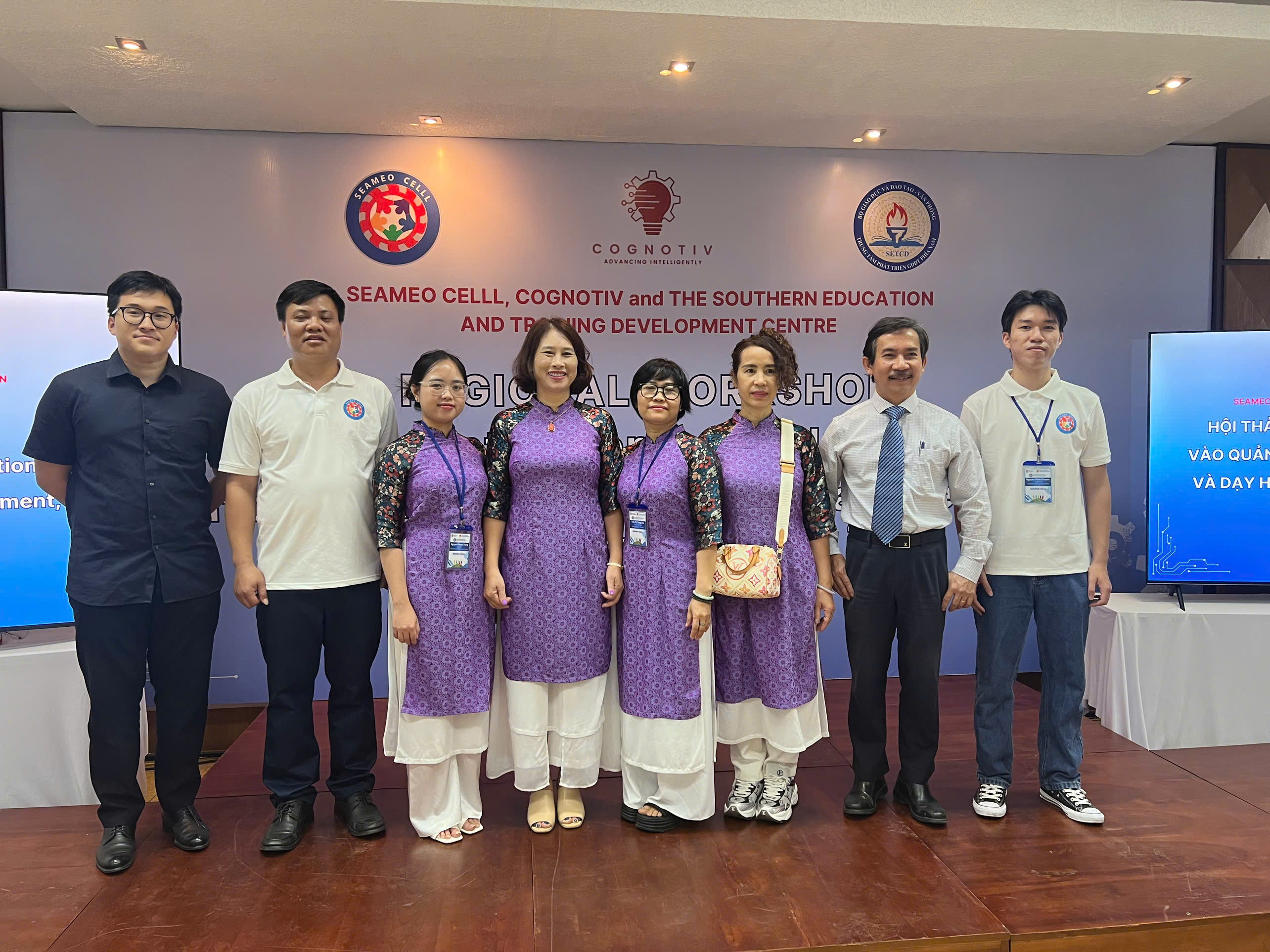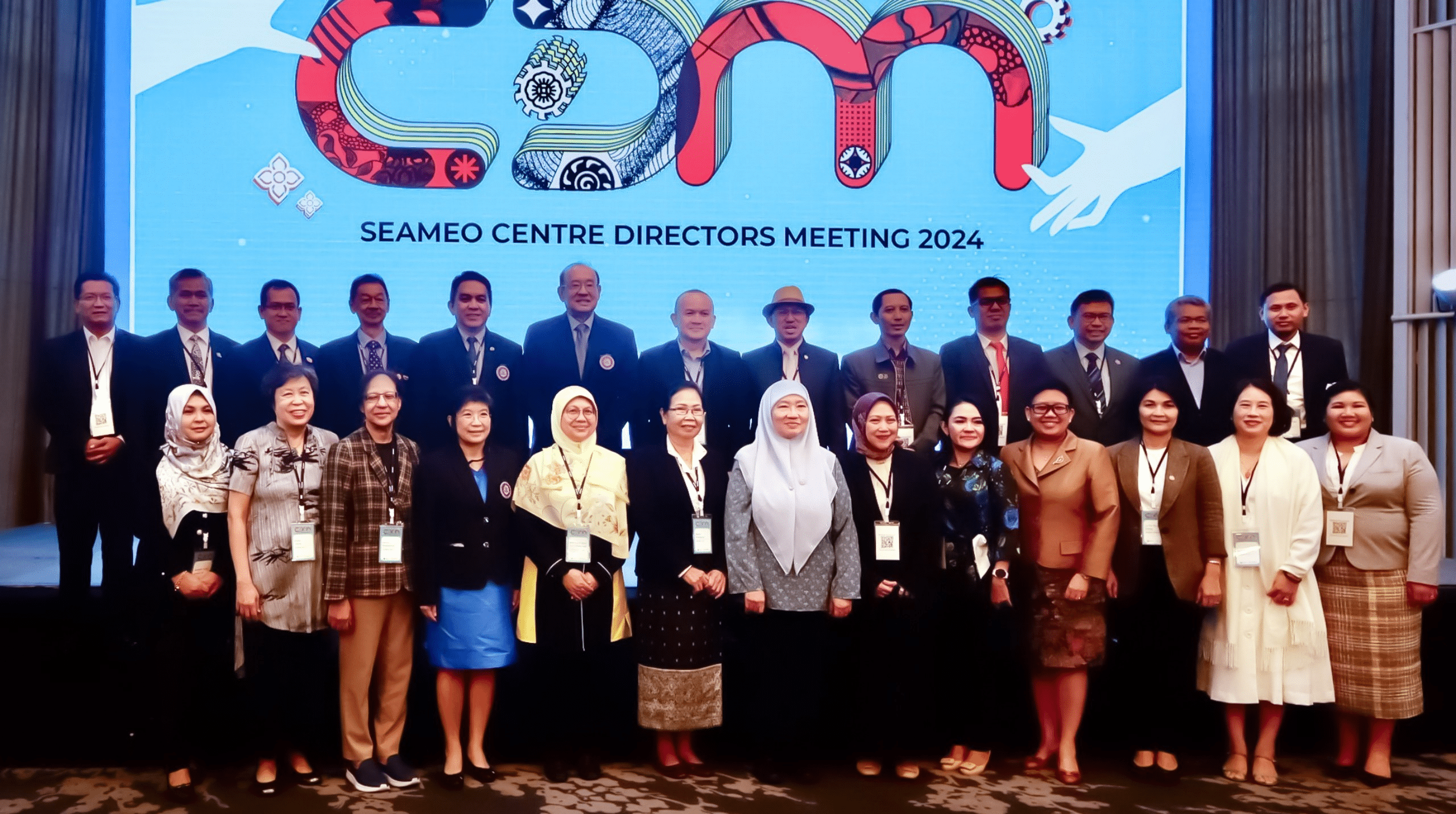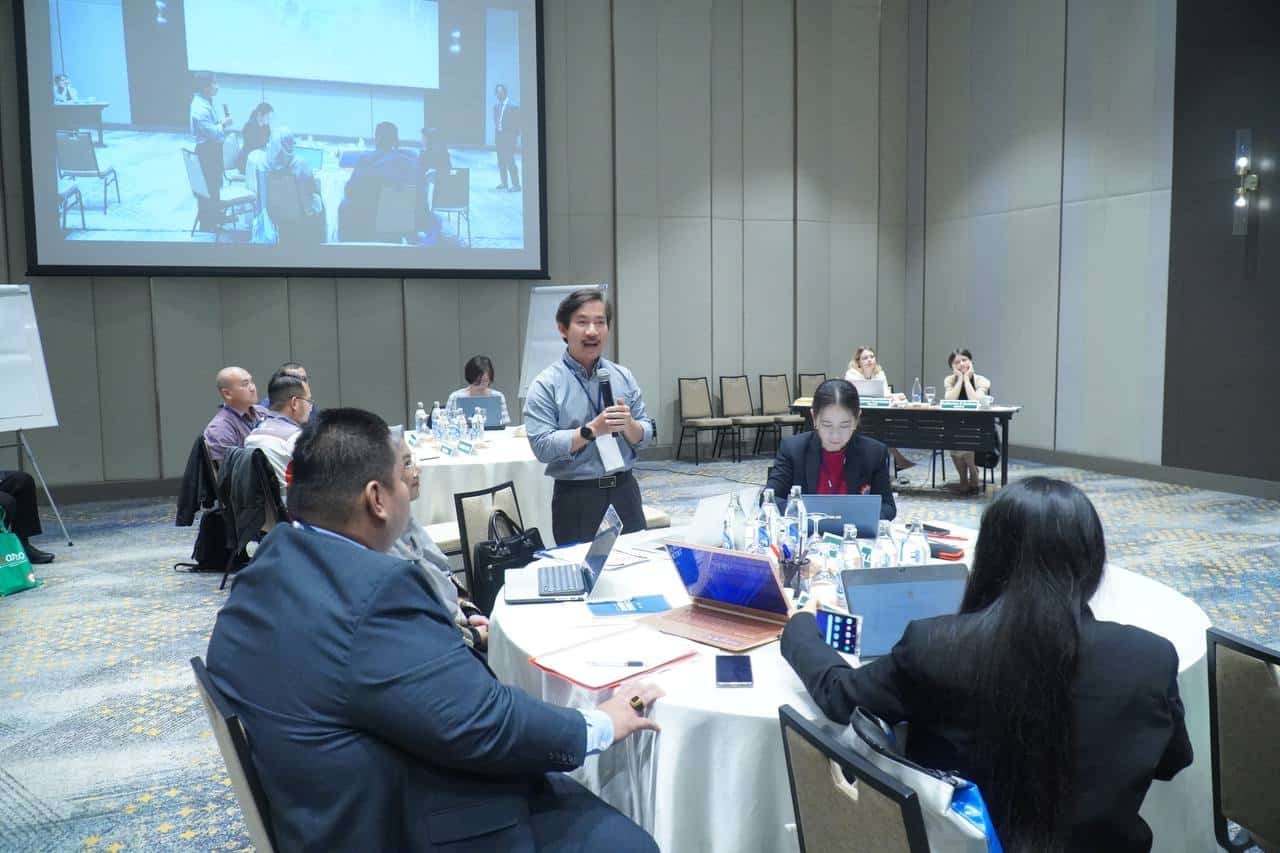Ha Noi – On 25 December, 2017, the Department of Continuing Education, Ministry of Education and Training, Vietnam organised the seminar “Improving the Performance of Community Learning Centres (CLCs)”. The aim of this seminar is to provide policy markers, educators, and CLC managers with a chance to discuss the operation of 11,057 CLCs nationwide as well as learn from other CLC models in neighbouring countries, thus finding solutions to further enhance and develop CLCs in Vietnam.
Taking part in the seminar were 80 participants, including the Directorate and Staff members of the Department of Continuing Education, representatives of the central Vietnam Association for Learning Promotion (VALP), the Centre for Non-formal Education (The Vietnam Institute of Educational Sciences – VNIES), SEAMEO CELLL, and representatives of provincial Departments of Education and Training, provincial Sections of Continuing Education, provincial VALP, local CLCs.
The seminar was chaired by Mr Nguyen Cong Hinh – Director General of the Department of Continuing Education. After a speech by Prof Dr Pham Tat Dong – Vice President concurrently the Secretary of VALP in which he emphasised the important role of CLCs in the national education system , SEAMEO CELLL was invited to deliver a presentation about the models of CLCs in the countries of Japan, Korea, Indonesia and Thailand to provide the participants with an overview of CLCs in the region. Based on those models, SEAMEO CELLL also made suggestions on ensuring the sustainable development of CLCs in Vietnam. A subsequent highlight of the event was a discussion where good practices, wholehearted comments and suggestions were shared by the participating managers and educators from the provinces and all opinions were greatly appreciated and carefully taken note of by the organisers.
The one-day seminar concluded with a closing remark by the chairman, in which he sincerely thanked all the participants for their attention and opinions in the event and also for their great effort in bringing education through CLCs to the people.

